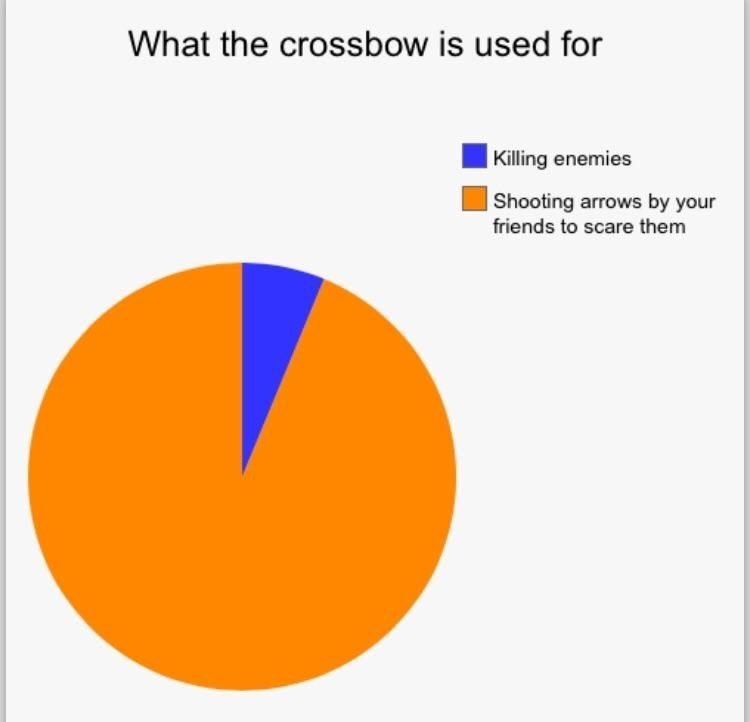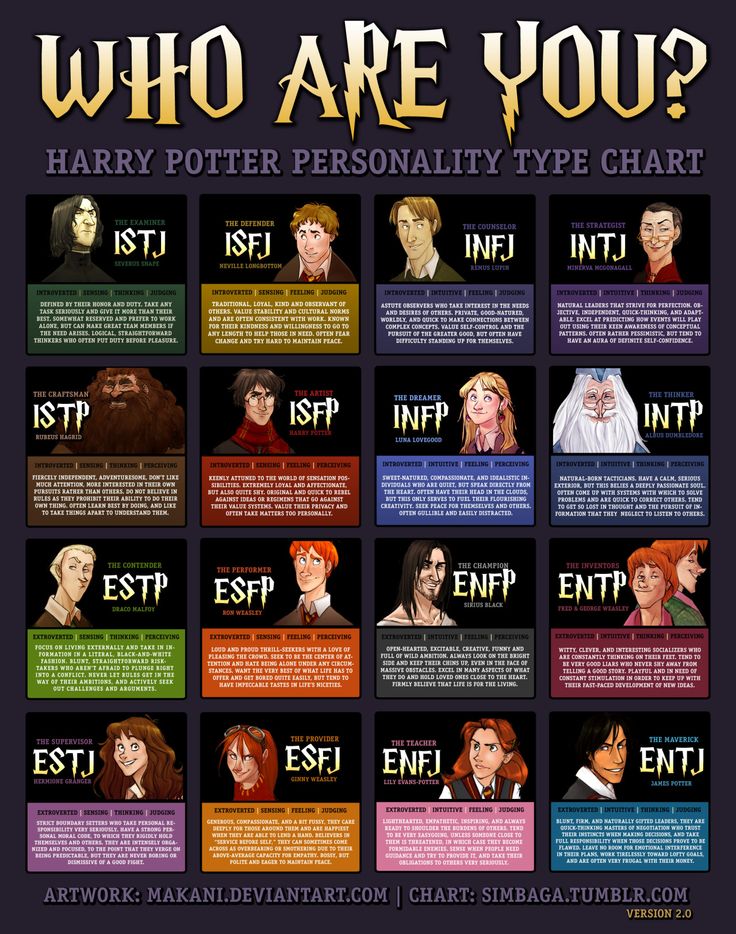What does your personality type say about you
How Other People See You, Based On Your Personality Type
Have you ever wondered if your personality type impacts the way other people see you? While each of us has unique traits and qualities that have nothing to do with type, there are certain themes and characteristics that each type tends to display. Let’s take a look at what those are for you!
Not sure what your personality type is? Take our new personality questionnaire here. Or you can take the official MBTI® here.
Estimated reading time: 13 minutes
Here’s How Others See You, Based On Your Personality TypeThe ENFPENFPs are usually seen as lively, friendly, and open-minded individuals. They bring curiosity and enthusiasm to most encounters and this tends to draw new people to them wherever they go. Simultaneously, they are usually deeply honest and crave a great deal of authenticity in their friendships.
Because ENFPs like an ever-changing, evolving lifestyle, they tend to appear free-spirited and restless. And for all their open-minded, friendly characteristics, they can become deeply passionate when one of their values is threatened.
Healthy ENFPs are seen as:
– Friendly, insightful, compelling
– Spontaneous and creative
– Generous and curious
Unhealthy ENFPs are seen as:
– Hyperactive or scattered – unable to focus
– Struggling to apply logic to their decisions and inspirations
– Frazzled and burned out from following too many paths and being unable to say “no”.
– Worn out from forgetting to take care of their physical needs
ENTPs are usually seen as energetic, curious, and spontaneous. They have a buzz of intellectual energy and a visionary nature that makes them intriguing to others. They are good at mobilizing people to participate in their vision and don’t mind instigating challenging or deep conversations as a way to debate ideas and pose new theories.
Because ENTPs use a process called introverted Thinking (Ti), they can become abrupt and intense when they challenge other people’s logic. They have a tendency to play devil’s advocate, and this can irritate some people, but it is usually a way for the ENTP to connect all the data points in their mind and find out if something is definitively accurate.
They have a tendency to play devil’s advocate, and this can irritate some people, but it is usually a way for the ENTP to connect all the data points in their mind and find out if something is definitively accurate.
Healthy ENTPs are seen as:
– Lively, curious, innovative
– Autonomous and independent
– Insightful, challenging, and logical
Unhealthy ENTPs are seen as:
– Scattered – rushing from idea to idea without accomplishing anything.
– Overly-challenging, abrasive, rude
– Physically burned out or unhealthy from forgetting to take care of physical needs.
INFPs are usually seen as private yet kind individuals. Because they value depth and authenticity to such a great degree they are usually selective about who they spend their time with. They often seem mysterious to others because a lot of their vivid, inner world is very private. They are often seen as imaginative, creative, and focused on a future or vision they’d like to see become a reality.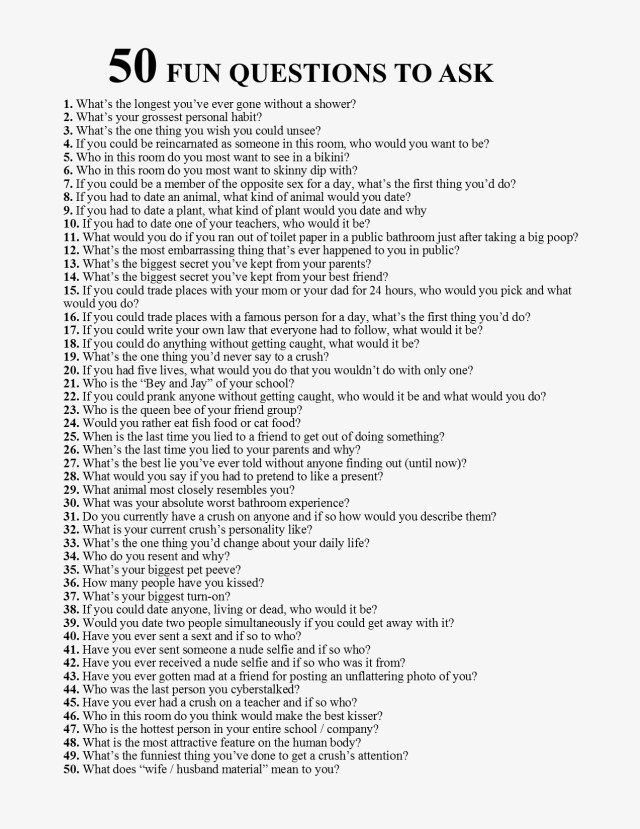
Because INFPs use extraverted Intuition (Ne) they tend to enjoy brainstorming or posing unusual ideas or theories with others. They like to imagine and contemplate “what if” scenarios and get excited by ideas and possibilities for the future.
Healthy INFPs are seen as:
– Introspective, sensitive, and empathetic
– Original and individualistic
– Open-minded yet complex and reserved
Unhealthy INFPs are seen as:
– Overly-withdrawn from people and the world around them
– Overly sensitive or easily offended
– Impractical – struggling to bring their ideas and goals into reality.
Read This Next: 10 Things You’ll Relate to If You’re an INFP
The INTPINTPs are usually seen as reserved yet curious individuals. They tend to dislike pushing themselves onto other people or delegating or controlling anyone. They tend to be absorbed in several interests at a time and can work with remarkable determination towards ideas that capture their interest.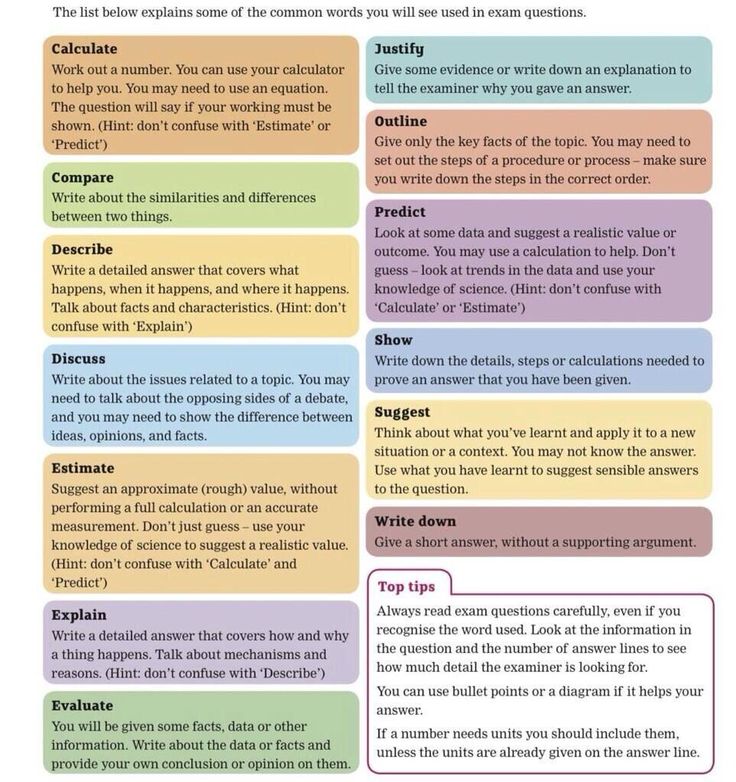 They are usually tolerant of people unless they are pushy, domineering, or their logic is too flawed for them to ignore.
They are usually tolerant of people unless they are pushy, domineering, or their logic is too flawed for them to ignore.
Because INTPs use extraverted Intuition (Ne) they tend to enjoy brainstorming or posing unusual ideas and theories in conversation. They also have a knack for seeing surprising connections and inter-relationships between seemingly disparate events.
Healthy INTPs are seen as:
– Quiet, easy-going, and calm
– Independent and innovative
– Logical, studious, and curious
Unhealthy INTPs are seen as:
– Isolative, argumentative, and critical
– Cynical, pessimistic, and insensitive
– Impractical. May forget mundane duties like paying the bills or taking care of physical needs.
ENFJs are usually seen as enthusiastic, friendly, and energetic individuals. They are very aware of the needs and feelings of other people and tend to have strong, inspiring communication skills. They are often good listeners and are attuned to unique gifts of individuals they speak to. They also tend to have clear, definitive values and opinions.
They are often good listeners and are attuned to unique gifts of individuals they speak to. They also tend to have clear, definitive values and opinions.
Because ENFJs are judging types, they like to have an organized world around them. This doesn’t mean their room will always be neat and tidy, but it does mean they like to have closure in relationships and clear plans. They don’t like ambiguity in their relationships and having a clear plan of action is important to them. They have a strong focus on the future and organizing their time to reach their goals.
Healthy ENFJs are seen as:
– Kind, compassionate, and tactful
– Expressive, responsive, and authentic
– Imaginative, strategic, and visionary
Unhealthy ENFJs are seen as:
– Jumping to conclusions too quickly.
– Overbearing and overly-sensitive.
– Detail-blind. In an effort to reach goals, they ignore logical flaws or miss important details.
Read This Next: What ENFJs Do When They Get Really Stressed Out
The ENTJENTJs are usually seen as intelligent, visionary individuals who like to challenge ideas and theories to reach mutual understanding. They tend to enjoy a good debate because this allows them to bounce ideas off other people and find the truth or new insight. They are fiercely logical and tend to take charge of the conversation if no one else is doing so or if the topics revolve around mundane activities or details.
They tend to enjoy a good debate because this allows them to bounce ideas off other people and find the truth or new insight. They are fiercely logical and tend to take charge of the conversation if no one else is doing so or if the topics revolve around mundane activities or details.
Because ENTJs are judging types they like to have an organized world around them. They like having a plan, making plans, and reaching conclusions. However, their intuition can draw them into wide-ranging discussions and explorations of various theories and abstract concepts.
Healthy ENTJs are seen as:
– Objective, fair, and logical
– Self-assured, directive, and challenging
– Hard-working, curious, and insightful
Unhealthy ENTJs are seen as:
– Critical and tactless, seeing other people’s needs as less important than their own.
– Intrusive and bossy. Giving orders and making demands without listening.
– Pushy about getting a job done without giving others enough time to process or prepare.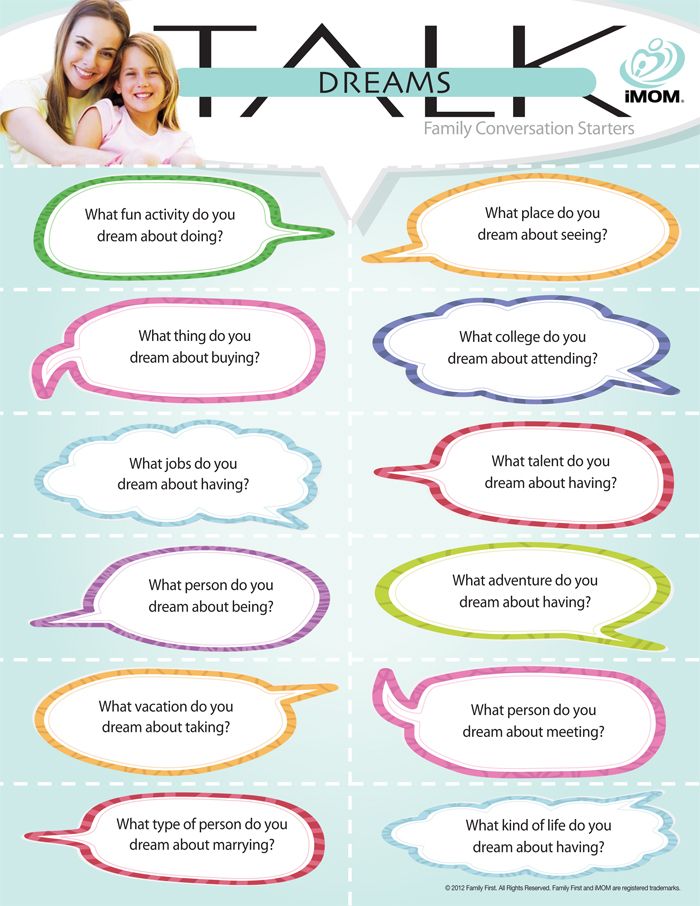
INFJs are usually seen as reserved yet compassionate and caring. Their intuitions are often kept to themselves unless they are with people they trust deeply. They tend to keep part of themselves hidden and may seem “difficult to know.” They usually listen more then they speak, unless the conversation is very moving or stimulating to them, in which case they can speak passionately for long periods of time, seeming more like extroverts than introverts.
Because INFJs have a driving desire to stay focused on the future and global perspectives they can seem distracted if they are involved in a conversation that is focused primarily on day-to-day details. They tend to use metaphor and analogy in their speech more than literal details and this can make them seem confusing to other types.
Healthy INFJs are seen as:
– Intense, authentic, and insightful
– Empathic and compassionate
– Creative, idealistic, and deep
Unhealthy INFJs are seen as:
– Unrealistic.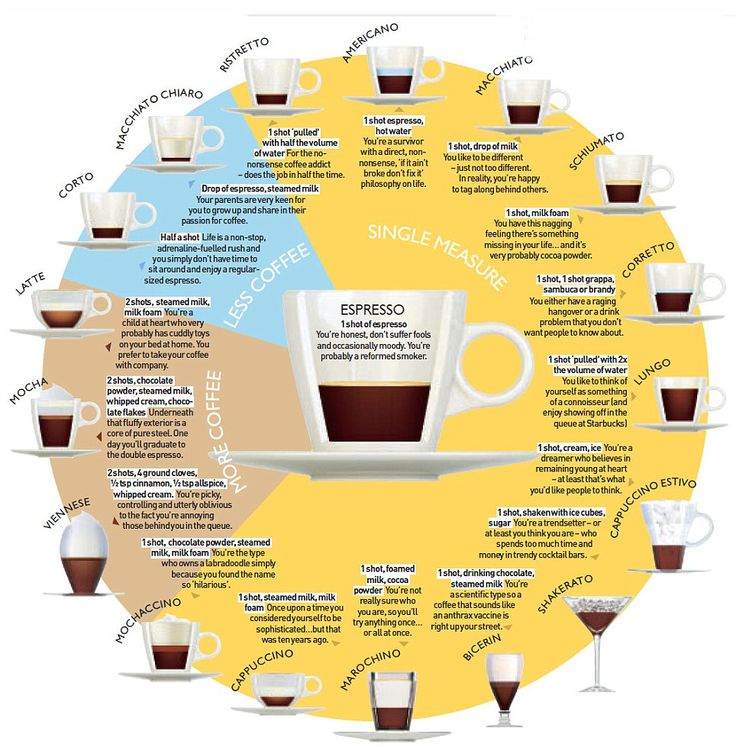 They can be so wrapped up in their ideas that they lose focus on what is actually happening.
They can be so wrapped up in their ideas that they lose focus on what is actually happening.
– Impractical and out of touch with what is actually possible.
– Pretentious and overly-sensitive.
Read This Next: 24 Signs You’re an INFJ, the Mystic Personality Type
The INTJINTJs are often seen as decisive, reserved, and intense. They tend to keep a lot of their creative visions to themselves unless they are with someone they really trust. What will be most obvious up-front is their ability to solve problems, see things objectively, and plan for the future. They can seem hard to get to know because they keep their emotions and insights internalized outside of very close relationships.
Because INTJs have a driving desire to explore new perspectives, particularly global perspectives, they usually get bored with small-talk or day-to-day conversation. They may appear bored or else abruptly change the subject during these times.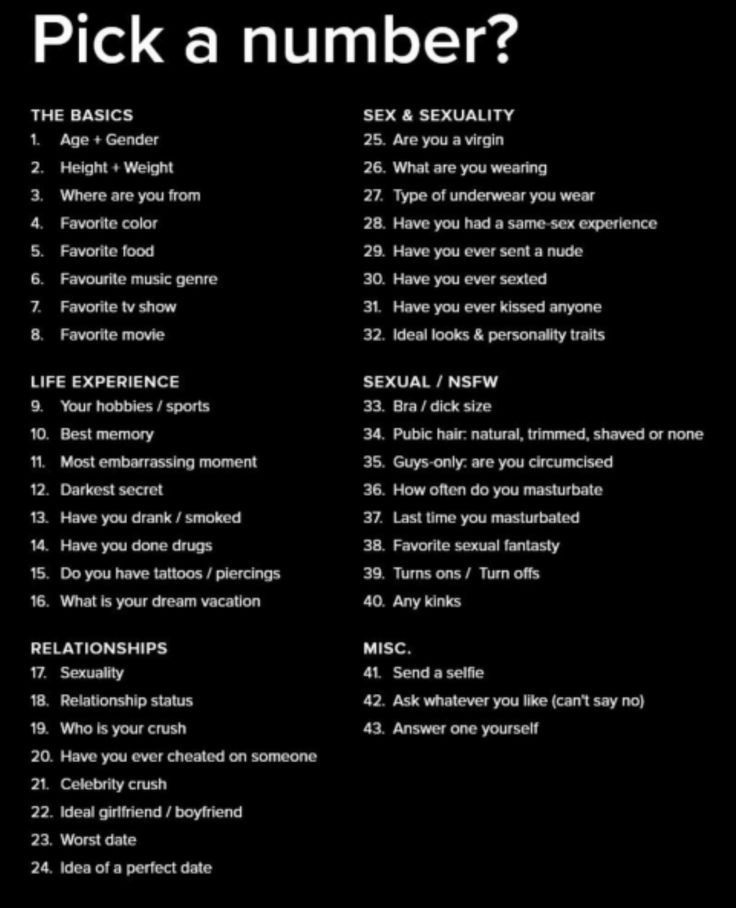
Healthy INTJs are seen as:
– Logical, knowledgeable, and insightful
– Conceptual, future-focused, and independent
– Private but open-minded
Unhealthy INTJs are seen as:
– Critical or condescending, especially to those who don’t share their vision.
– Tactless and blind to giving praise or affirmation to others.
– So focused on their vision that they miss practical realities and forget to take care of themselves.
Read This Next: 24 Signs That You’re an INTJ, the Strategist Personality Type
The ESFPESPS tend to come across as exuberant, lively, and easy-going. They are flexible, adaptable, and seldom plan ahead. They appear open to any opportunity or activity that life throws at them. Routine and structure irk them, so they’ll get irritated if they are feeling controlled by anyone. They seem full of adventure, fun, and good humor.
As extraverted Sensors and introverted Feelers, ESFPs like to interact and engage with their environment as much as possible. They tend to be physically active and expressive. They also are guarded about their deeper values but crave authenticity in their own actions and the actions of others. They are people who “keep it real”.
They tend to be physically active and expressive. They also are guarded about their deeper values but crave authenticity in their own actions and the actions of others. They are people who “keep it real”.
Healthy ESFPs are seen as:
– Resourceful, adaptable, and active
– Generous, optimistic, and sympathetic
– Observant, realistic, and specific
Unhealthy ESFPs are seen as:
– Distractable and overly-impulsive
– Over-sensitive and self-absorbed
– Putting enjoyment and fun over personal obligations and responsibilities
Read This Next: What It Means to be an ESFP Personality Type
The ESTPESTPs appear confident, energetic, and active. They like to be engaged and stimulated by their environment as much as possible and are always looking out for new opportunities and adventures. Their attentiveness to their surroundings gives them an intense, observant quality.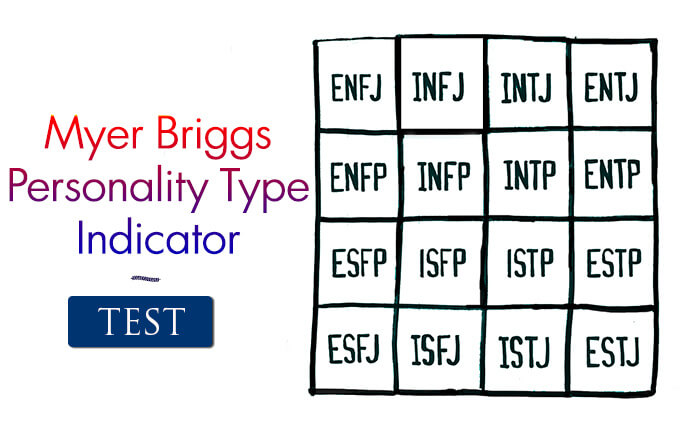 They act quickly in response to incoming information and usually have quick reflexes. Others are drawn to their enthusiasm and good humor and their sixth sense for fun, enjoyable experiences.
They act quickly in response to incoming information and usually have quick reflexes. Others are drawn to their enthusiasm and good humor and their sixth sense for fun, enjoyable experiences.
Because ESTPs use both extraverted sensing and introverted thinking they are highly attentive to details in their environment and also have a gift for trouble-shooting, weighing pros and cons, and thinking critically.
Healthy ESTPs are seen as:
– Friendly, fun-loving, and energetic
– Adventurous and daring
– Logical, realistic, and attentive
Unhealthy ESTPs are seen as:
– Focusing entirely on excitement and fun at the expense of their responsibilities and obligations.
– Being unable to see the broader implications of their decisions.
– Overly direct and insensitive to the emotions and concerns of others.
ISFPs are seen as unassuming, authentic, and adaptable. People appreciate their sincerity and gentleness and are often drawn to their sense of humor.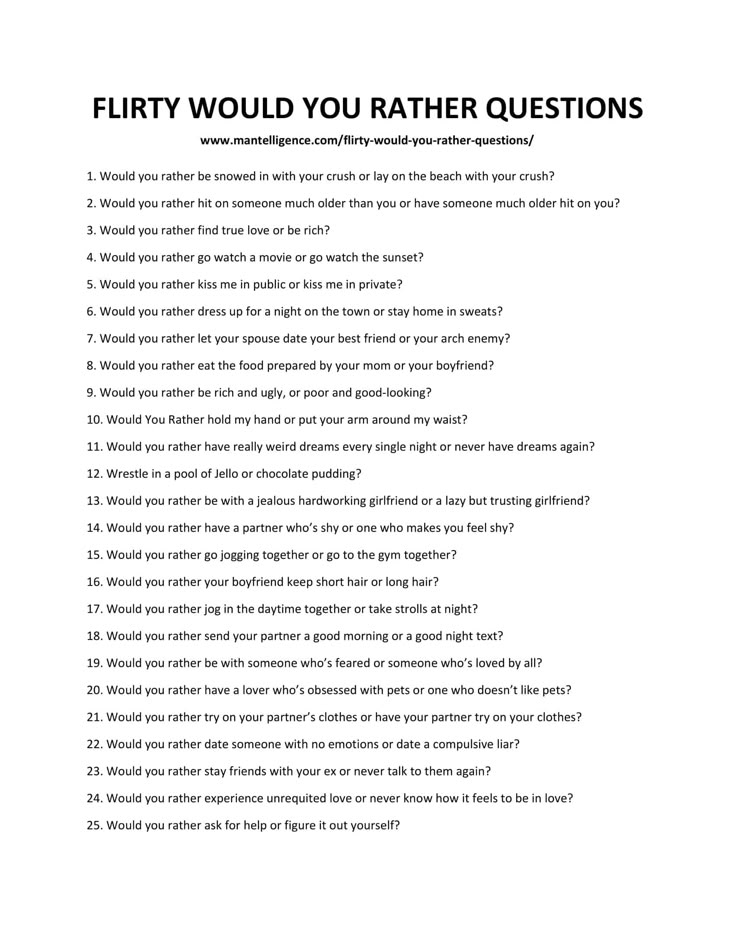 They tend to appear difficult to know well because they keep many of their values held close to the chest, only sharing them with those who’ve earned their trust.
They tend to appear difficult to know well because they keep many of their values held close to the chest, only sharing them with those who’ve earned their trust.
Because ISFPs are introverted feeling and extraverted sensing types, they combine a need for authenticity and “keeping it real” with a desire for adventure and exploration. They enjoy taking life as it comes and being open to any opportunity that comes their way. As a result, they dislike overly-structured lifestyles or being “caged in” by a lot of rules. They also have very little patience for phoniness and people-pleasing or manipulative behaviors.
Healthy ISFPs are seen as:
– Gentle, sensitive, and empathetic
– Observant, realistic, and practical
– Adaptable, flexible, and spontaneous
Unhealthy ISFPs are seen as:
– Self-critical and overly withdrawn
– Rejecting of logical systems and rules
– Focusing entirely on the current moment without seeing the long-term implications
ISTPs appear observant, logical, and adaptable.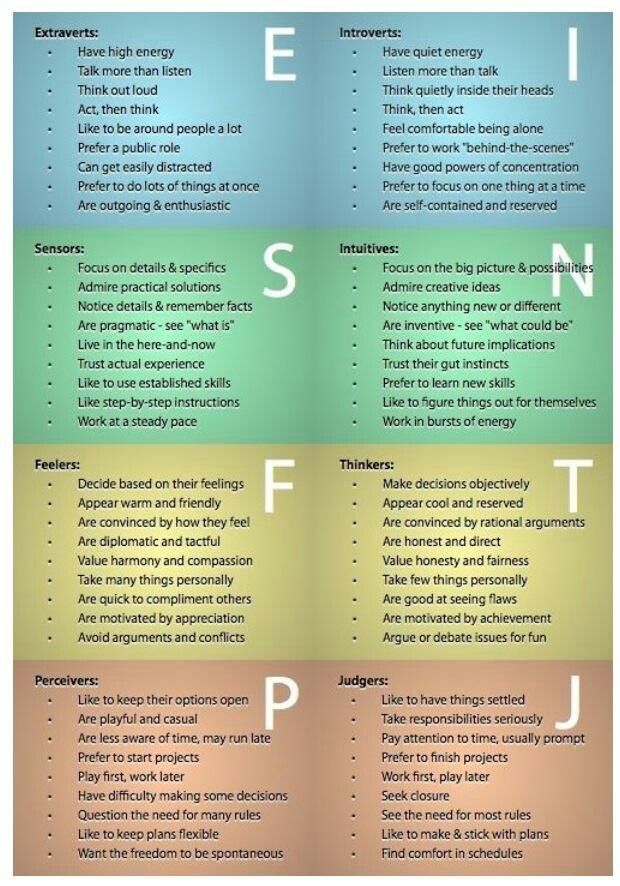 They seem to have a confidence that comes from within and a calm ability to handle whatever life throws at them. They don’t feel the need to impose their will on others or win arguments unless their principles are being devalued or someone’s logic is incredibly poor. Overall, they keep a lot of their judgments internalized – they don’t feel the need to quibble with others over their flawed opinions. They tend to have a good sense of humor, which people are drawn to, but many find that they are hard to read or to know well.
They seem to have a confidence that comes from within and a calm ability to handle whatever life throws at them. They don’t feel the need to impose their will on others or win arguments unless their principles are being devalued or someone’s logic is incredibly poor. Overall, they keep a lot of their judgments internalized – they don’t feel the need to quibble with others over their flawed opinions. They tend to have a good sense of humor, which people are drawn to, but many find that they are hard to read or to know well.
Because ISTPs use a mental process called extraverted sensing, they like having their options open and being adaptable to whatever life gives them. They will appear disgruntled and frustrated if they are micro-managed or limited by a lot of external rules and regulations.
Healthy ISTPs are seen as:
– Adaptable, realistic, and observant
– Logical, tactical, and efficient
– Independent, self-determined, and adventurous
Unhealthy ISTPs are seen as:
– Cynical, pessimistic and/or critical
– Impatient of the needs and emotions of others
– Focused on immediate results without looking at the long-term ramifications of their decisions.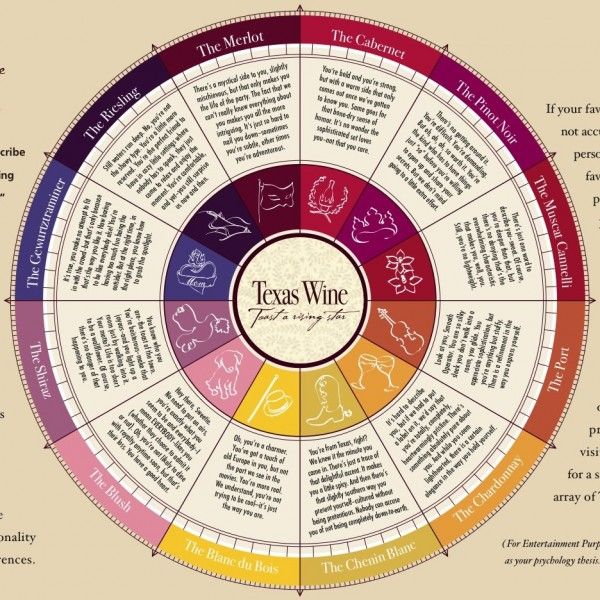
ESFJs usually appear friendly, outgoing, and organized. They tend to dress appropriately for the occasion and are usually on time and punctual. They are nearly always polite and empathetic, skilled in the art of hosting and making people feel “at home” with them. They seem to have an innate knowledge of what makes people feel comfortable.
ESFJs greatly value family and social connections and traditions. They enjoy rituals that commemorate favorite experiences and memories – things like annual excursions, dinners, or vacations. They like planning these experiences out and go to a lot of work to make sure everyone’s needs are met.
Healthy ESFJs are seen as:
– Sociable, energetic, and empathetic
– Organized and attentive
-Committed to preserving favored traditions and memories
Unhealthy ESFJs are seen as:
– Overly controlling and meddling
– Overly sensitive, assuming there was ill-intent where there was none.
– Unwilling to see alternative ways of doing things. Must do things their way.
ESTJs are usually seen as take-charge, “tell-it-like-it-is” individuals. Because they are gifted at organizing people and managing projects and schedules, they tend to take a position of authority relatively quickly. Some people appreciate this while others find them overpowering or controlling. They are usually outgoing, friendly, and detail-oriented.
ESTJs take their responsibilities and commitments seriously, and this is something that others will notice about them quickly. They don’t shirk their duties and can’t abide others who do so. It’s important to them to make their community a better place and they don’t mind taking charge and organizing people to achieve shared goals.
Healthy ESTJs are seen as:
– Practical, realistic, and self-confident.
– Conscientious and responsible
– Logical, analytical, and objective
Unhealthy ESTJs are seen as:
– Overly controlling or “know-it-alls”
– Rigid, and nitpicky about details
– Unwilling to try to new alternatives or solutions, must do things “their way”.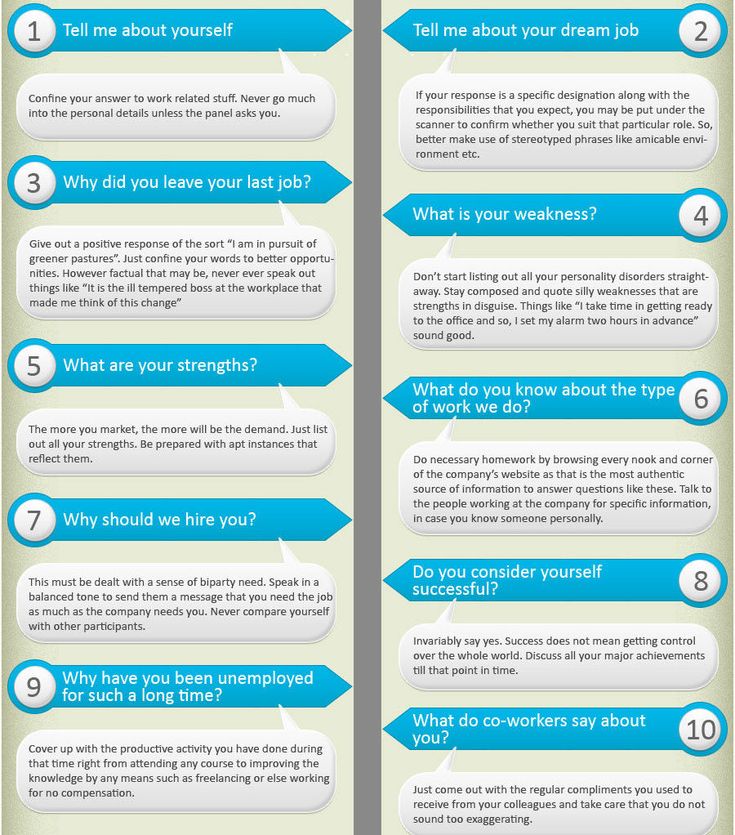
ISFJs usually appear unassuming, kind, and considerate. They are very aware of the practical needs of the situation and the people around them. They tend to go out of their way to make people comfortable and will often put others needs ahead of their own. While they are usually non-confrontational, they can be very quick to challenge people that are insensitive or rude to their loved ones. They are fiercely protective of their families and friends.
As introverted sensing types, ISFJs enjoy having consistency and will appear dependable and routine-oriented. They like to be prepared and to have all the details. Because of this, they tend to exude a cautious, focused demeanor. They enjoy preserving traditions and recalling positive memories and experiences.
Healthy ISFJs are seen as:
– Serious, conscientious, and empathetic
– Responsible and protective of others
– Dependable, detail-oriented, and planful
Unhealthy ISFJs are seen as:
– Rigid and overly dependent on their routine.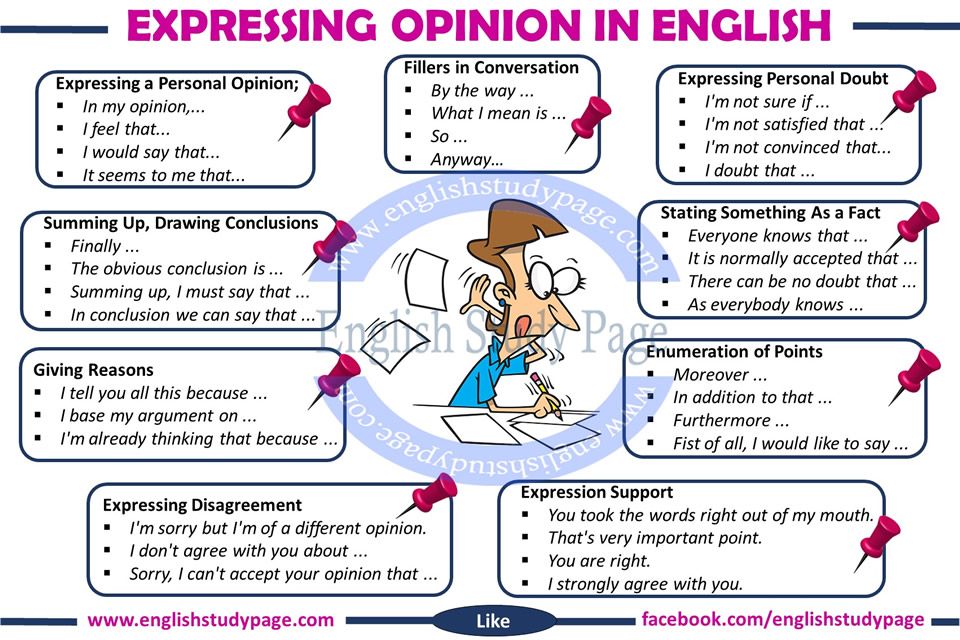 Unwilling to try new things.
Unwilling to try new things.
– Incapable of taking care of their own needs because they are so busy taking care of others.
– Resentful and complaining, frustrated with being “the responsible one”.
ISTJs are seen as pragmatic, responsible, and private. They are creatures of habit and usually have a steady routine and a consistent lifestyle. They tend to appear stable, calm, and grounded – nothing seems to surprise them and they enjoy being prepared for whatever happens next. They take their commitments seriously and others appreciate their honesty and reliability.
As introverted sensing types, ISTJs enjoy knowing what’s going to happen and having a plan. They don’t like having to deal with people who are wishy-washy, forgetful, or unreliable. They may seem annoyed or especially reserved if they are surrounded by people who are like this on a regular basis.
Healthy ISTJs are seen as:
– Serious, conscientious, and responsible
– Logical and objective
– Reflective, reasonable, and careful
Unhealthy ISTJ are seen as:
– Rigid about time, schedules, and doing things “by the book”
– Critical and judgmental
– So focused on logic that they forget to consider the feelings and needs of others.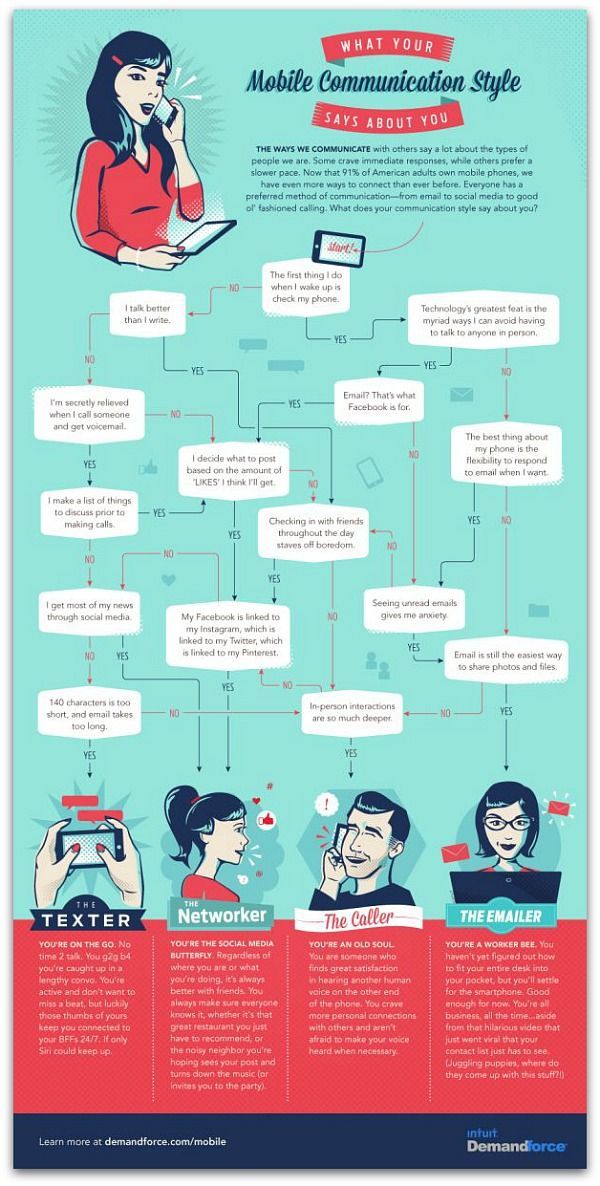
What are Your Thoughts?
Do you have any feedback for us? Let us know in the comments! You can also follow me (Susan) on Facebook, Twitter, or Pinterest!
Find out more about your personality type in our eBook, Discovering You: Unlocking the Power of Personality Type.
- More
ENFJ, ENFP, ENTJ, ENTP, ESFJ, ESFP, ESTJ, ESTP, INFJ, INFP, INTJ, INTP, ISFJ, ISFP, ISTJ, ISTP, MBTI, MBTI Basics, Myers Briggs
What your Myers & Briggs' Personality Type says about you
Have you ever wondered what your personality type is or how to explain your inherent traits to others?
Personality tests can assess your personality and are a fascinating way of gaining a deeper understanding of how your brain works compared to your friends and family.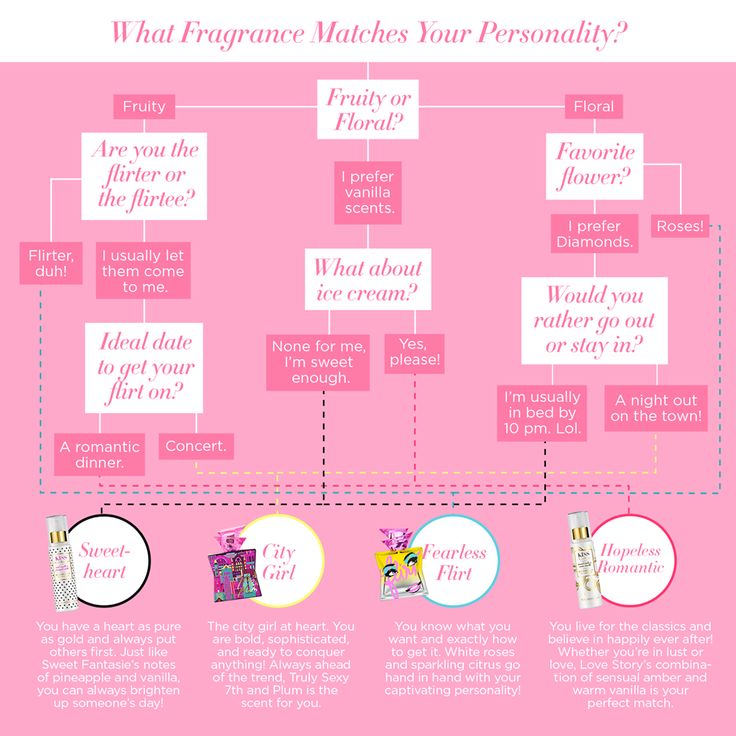 In turn, this can help you to communicate more effectively and understand why your peers react to situations differently than you do. If anything, taking a personality test is good fun, and the Myers-Briggs model is the most well-known, widely available test available. In this guide, we will discuss the Myers-Briggs test and what your personality type result says about you.
In turn, this can help you to communicate more effectively and understand why your peers react to situations differently than you do. If anything, taking a personality test is good fun, and the Myers-Briggs model is the most well-known, widely available test available. In this guide, we will discuss the Myers-Briggs test and what your personality type result says about you.
Skip to:
- What is the Myers-Briggs test?
- Myers-Briggs personality types
- Compatibility of Myers-Briggs types
- Where to take the test
What is the Myers-Briggs test?
The Myers-Briggs test or ‘type indicator’ is a self-report questionnaire, which indicates your personality type, your preferences in how you make decisions, and how you perceive the world. It was developed by the mother & daughter team Katharine Briggs and Isabel Briggs Myers and is an adaptation of Carl Gustav Jung’s psychological types theory[i].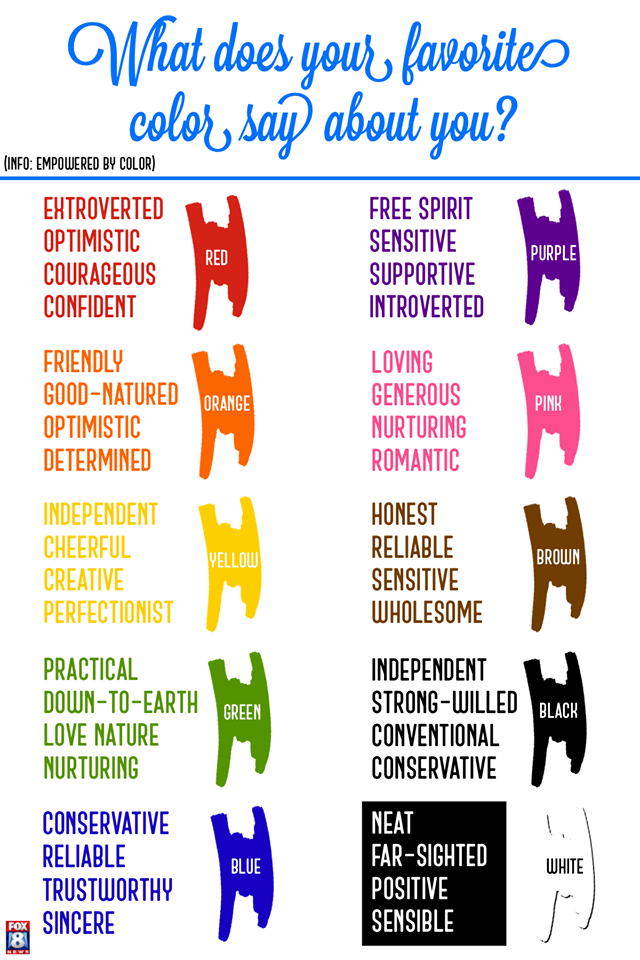
The test doesn’t include questions but rather statements. After reading each statement, you respond through multiple choice answers with to what extent you agree or disagree. Some examples of these statements are:
- You regularly make new friends
- You usually stay calm, even under a lot of pressure
- You are very sentimental
- You feel comfortable just walking up to someone you find interesting and striking up a conversation.
Once you have finished the test, your results will be calculated based on your answers.
Myers-Briggs personality typesThe Myers-Briggs personality types can be confusing at first glance, but it is based on the following dichotomies (also known as scales or preferences). The tests work out your personality based on which you prefer from the below[ii]:
- Extraversion (E) or Introversion (I) – Extraverts are outgoing and ‘recharge’ in busy environments. Introverts need quiet periods to recharge and prefer alone time.
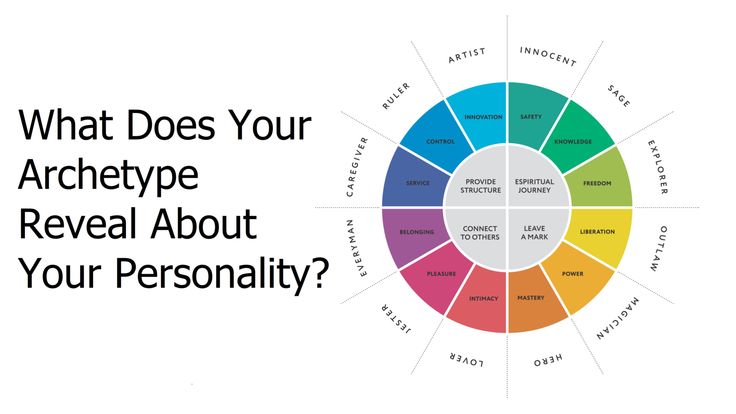
- Sensing (S) or Intuition (N) – Sensors collect information from what they can hear, feel and see, as well as drawing from what’s in their immediate environment. Intuitive types gather specific knowledge by looking at the broader context, connections, and patterns.
- Thinking (T) or Feeling (F) – Thinkers thrive on logical solutions. Feelers are emotionally driven to make decisions.
- Judging (J) or Perceiving (P) – If you are a ‘judger’, you like structure and regulation. If you are a ‘perceiver’, you prefer flexibility and openness. This dichotomy was added by Katherine Briggs based on her own research; the other three are based on Jung’s writings.
As you can see, each preference has a letter associated with it. These are what the personality type acronyms are based on. For example, an ISTJ personality type would have the following preferences from the list above ‘Introversion, Sensing, Thinking, Judging’.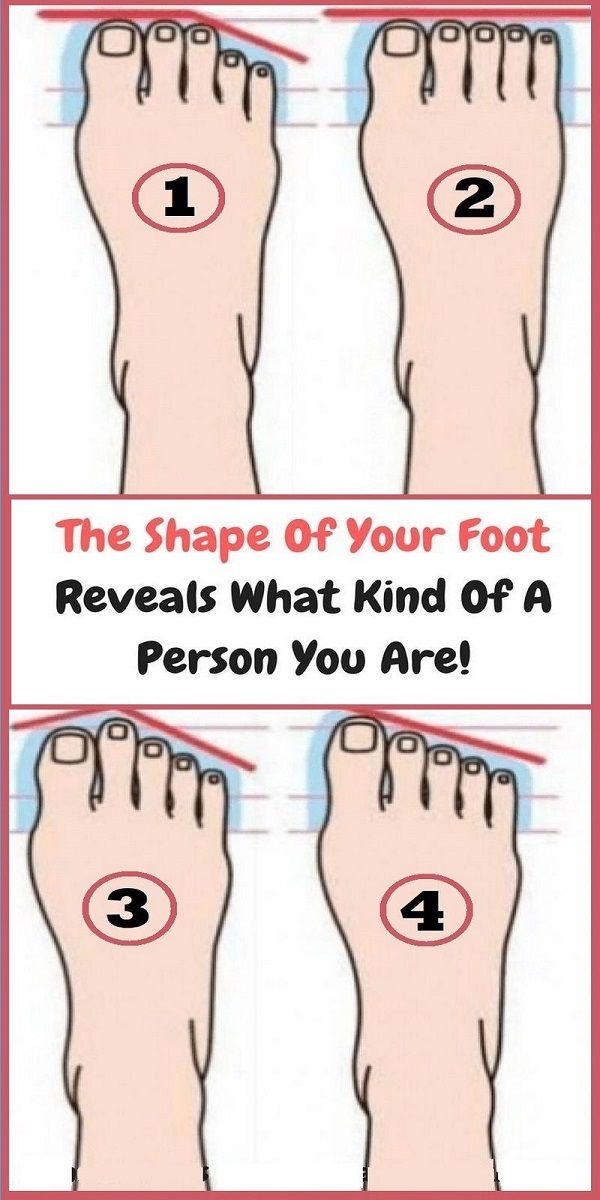
Now we know the basics let’s take a look at the 16 personality types and what they mean.
Introvert TypesIntrovert personalities have a usually subtle but transformative impact on the world around them.
ISTJ | ISFJ | INFJ | INTJ
ISTP | ISFP | INFP | INTP
ISTJ | The Inspector – Inspectors don’t like chaos and dedicate time to making sure things are in order. They are responsible, organised, reliable and fact-driven individuals.
ISFJ | The Protector – Protectors are also known as ‘Defenders’ and will go out of their way to protect the people they love. They are very loyal to the institutions and traditions in their lives.
INFJ | The Counsellor – Counsellors are loyal, creative and have a strong sense of integrity. They are idealists and are often inspirations to those around them.
INTJ | The Mastermind – Masterminds are strategic thinkers who always have a plan.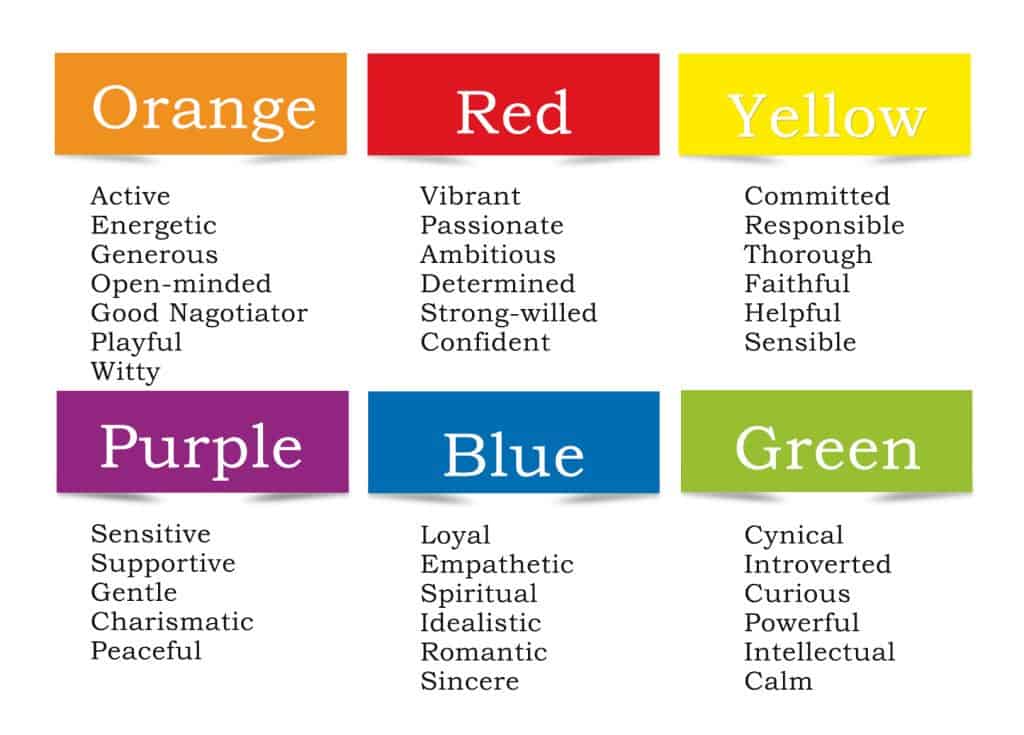 They excel at analytical thinking.
They excel at analytical thinking.
ISTP | The Craftsperson – Craftspeople are fantastic practical problem solvers. They are observant, bold and thrive in hands-on environments.
ISFP | The Composer – Composers are easy-going, caretaker types who live in the present. They quietly enjoy new experiences.
INFP | The Healer – Healers have hugely altruistic personalities and are always happy to help. They are generally kind and highly imaginative.
INTP | The Architect – Architects are innovative philosophical thinkers who love to learn. They have a thirst for knowledge.
USE CODE BLOG10OFFfor a 10% discount on any of our psychology courses
- Full, certified courses covering a variety of topics
- Pay monthly options available for your convenience
- Study on your own terms, from the comfort of home
Browse all psychology courses
Extrovert TypesExtrovert personalities are bold and inspire change through their confident energies.
ESTP | ESFP | ENFP | ENTP
ESTJ | ESFJ | ENFJ | ENTJ
ESTP | The Dynamo – Dynamos are energetic and highly perceptive people. Often thrill-seekers, dynamos aren’t afraid to push the boundaries.
ESFP | The Entertainer – Entertainers are enthusiastic, energetic people who love to entertain those around them and have a genuine love of life.
ENFP | The Champion – Champions share their positivity with the world and see possibilities and potential everywhere they look.
ENTP | The Visionary – Visionaries are also known as debaters. They are always curious and will never back away from an intellectual challenge.
ESTJ | The Supervisor – Supervisors are hard workers and are naturally inclined to take charge. They excel at managing people and situations.
ESFJ | The Provider – Providers dedicate their lives to helping others. They are social, popular, and extremely caring people.
ENFJ | The Teacher – Teachers are charismatic, caring people who use their influence to do what is best for those around them.
ENTJ | The Commander – Commanders make strong leaders who are hugely imaginative and are not afraid to be outwardly bold to make change happen.
Compatibility of Myers-Briggs types
Compatibility can’t just be measured by whether people’s personality types align. Many other factors are essential for a successful relationship or friendship, so shared interests, experiences and values need to be taken into account.
Below, we’ve listed the most ‘compatible pairings’ by introvert and extrovert personality types[iii].
Introvert Compatibility
| TYPE | Compatible Types | Reason |
| ISTJ | ENTP & ENFP | The extrovert personalities and laid-back traits work alongside the sometimes serious nature of the ISTJ |
| INTJ | ENTP & ENFP | Their relaxed nature lets them appreciate the INTJ’s independence & they can support them in social situations |
| ISFJ | ESFP & ESTP | ISFJs nurturing, planning traits are balanced nicely by these extrovert personalities |
| INFJ | ENFP, ENTP, INTJ, INFJ | Compatible with a range of personalities as they are good, instinctive listeners |
| ISTP | ESFJ & ESTJ | ISTPs live in the present, whilst the extrovert types enjoy planning which makes for a balanced relationship |
| ISFP | ESTJ & ESFJ | The ISFP benefits from the structure that the ESTJ or ESFJ can bring to their lives |
| INFP | ENFJ & ENTJ | INFPs are led by feelings, which these extrovert types can intuitively understand |
| INTP | ENTJ & ENFJ | The INTP needs space, and these extrovert types know when to step back and let them breathe |
Extrovert Compatibility
| TYPE | Compatible Types | Reason |
| ESTP | ISTJ & ISFJ | ESTPs can help the introvert to enjoy new experiences with them, and both types are not swayed by their emotions |
| ESFP | ISTJ & ISFJ | ESFPs will take the ISTJ & ISFP’s introversion as a challenge, creating a fun relationship or companionship |
| ENFP | INFJ & INFJ | These introverts can balance out the impulsiveness of the ENFP |
| ENTP | INTJ & INFJ | Both the ENTP and the introvert types here have a passion and appreciation of knowledge |
| ESTJ | ISTP & ISFP | These types are not overly emotional, but the ESTJ’s need for structure balances the introverts laid back ways |
| ESFJ | ISFP & ISTP | Driven by emotion, the ESFJ needs the logic of the ISFP or ISTP to create a well-rounded dynamic |
| ENFJ | INFP & INTP | The ENFJ and these introverts are equally intuitive, so can easily cater to each other’s needs within a relationship |
| ENTJ | INTP & INFP | ENTJs aren’t comfortable discussing emotional topics, which these introverts understand |
Here are some quick facts about personality type compatibility[iv]:
- Some personality types are more likely to work out when paired with similar types.
 According to research, Sensing Judgers (ISTJ, ISFJ, ESTJ & ESFJ) are 79% satisfied when paired with other SJ’s. This is the same with Intuitive Feelers (INFJ, INFP, ENFP, ENFJ) who reported a 73% satisfaction rate when paired together. These types are naturally emotionally driven and spend time nurturing relationships.
According to research, Sensing Judgers (ISTJ, ISFJ, ESTJ & ESFJ) are 79% satisfied when paired with other SJ’s. This is the same with Intuitive Feelers (INFJ, INFP, ENFP, ENFJ) who reported a 73% satisfaction rate when paired together. These types are naturally emotionally driven and spend time nurturing relationships. - On the contrary, some personality types aren’t compatible when paired with similar types. Sensing, Thinking and Perceiving types only reported 33% satisfaction when with other STPs. These personality types care the least about maintaining healthy relationships.
- Couples with the Feeling preference in common are more likely to get on.
- Often, pairings of Introverts and Extroverts work best.
We’ve found a handy chart that helps to better illustrate compatibility – you can find this here.
Where to take the testThere are several platforms where you can take the test. Many of the statements are largely the same if not slightly re-worded, and each platform will provide results in a different format.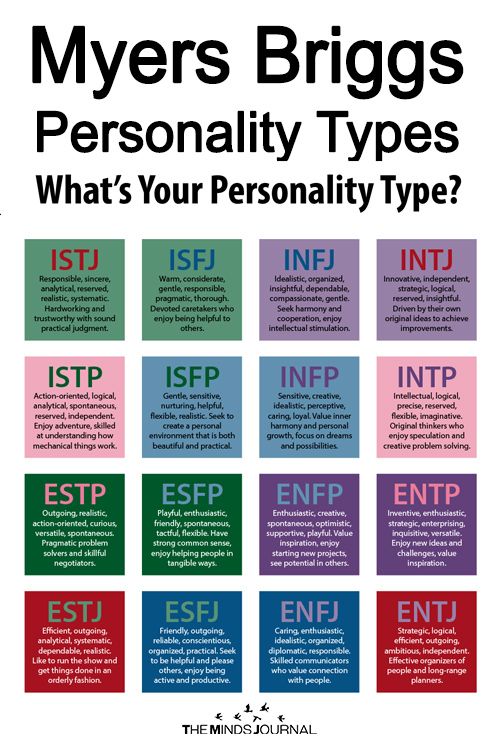
These are some of our favourite platforms for taking the test:
- 16Personalities – Take the Myers-Briggs test for free. This platform provides very detailed results that are easy to understand. They also offer a ‘Premium Profile’ option which allows you to take your results further and better apply your inherent personality traits to your life.
- MBTI – This is the official platform for the Myers-Briggs test. You have to pay to take this test, but you receive personalised courses, action guides and lifetime access.
References
Owens, M., n.d. Compatibility and Myers & Briggs’ Personality Types. [Online]
Available at: https://www.truity.com/myers-briggs/compatibility-myers-briggs-personality-type
[Accessed March 2021].
Owens, M., n.d. Myers & Briggs’ Personality Typing, Explained. [Online]
Available at: https://www.truity.com/myers-briggs/about-myers-briggs-personality-typing
[Accessed March 2021].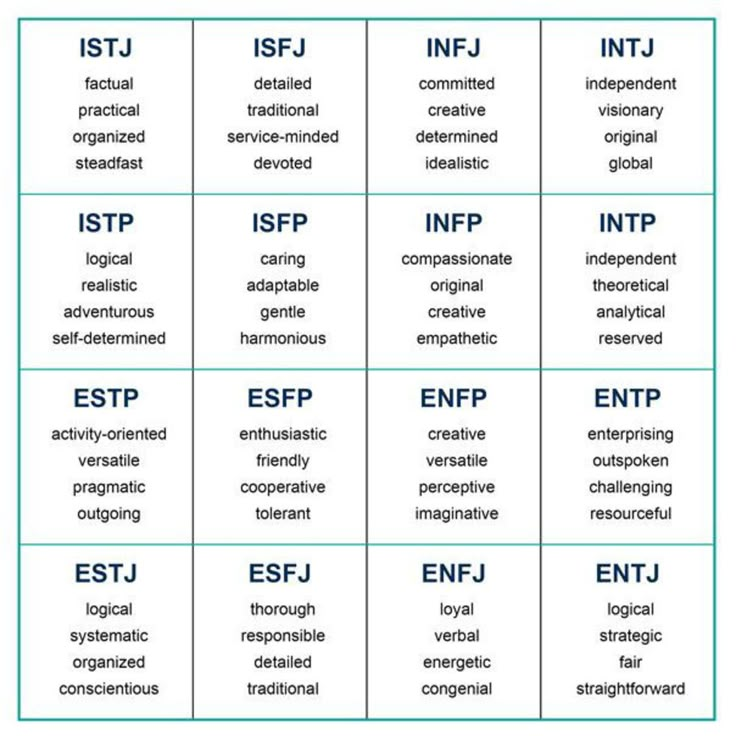
Rendezvous, n.d. Personality Types & Relationship Compatibility-Simplified. [Online]
Available at: https://rendezvousmag.com/relationship-compatibility/
[Accessed March 2021].
Team Technology, n.d. Myers Briggs Personality Types. [Online]
Available at: https://www.teamtechnology.co.uk/tt/t-articl/mb-simpl.htm
[Accessed March 2021].
[i] https://www.teamtechnology.co.uk/tt/t-articl/mb-simpl.htm
[ii] https://www.truity.com/myers-briggs/about-myers-briggs-personality-typing
[iii] https://rendezvousmag.com/relationship-compatibility/
[iv] https://www.truity.com/myers-briggs/compatibility-myers-briggs-personality-type
Nick Cooper
Nick is NCC's resident blog author and covers a range of subjects, including teaching and health & social care.
NCC is an international learning provider with over 20 years’ experience offering learning solutions.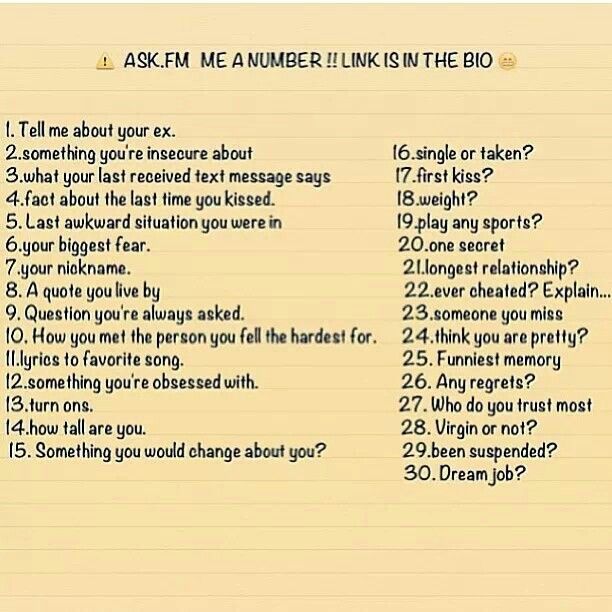 To date, NCC has engaged with over 20,000 employers, and delivered quality training to over half a million learners.
To date, NCC has engaged with over 20,000 employers, and delivered quality training to over half a million learners.
What your personality type says about your career success
Everyone has heard of the MBTI (Myers-Briggs) or the Enneagram, and maybe even the language of love. While not all of them apply to work—learning your team's love language can help you quickly figure out how to make them feel needed and appreciated—they still help you identify and understand what helps you perform best. Although Sally Hogshead is less well-known, her "How to Charm" personality test shows the opposite. Instead of showing you ways to better understand yourself, this personality test reveals what intrigues other people about you.0003
This can help in many ways as it will quickly teach you how to market yourself based on your primary and secondary advantage types. There are 49 archetypes in total between these two benefits, but don't let that overwhelm you. Credit.com has shared how to look at these different personality types from a high perspective to help you succeed at work.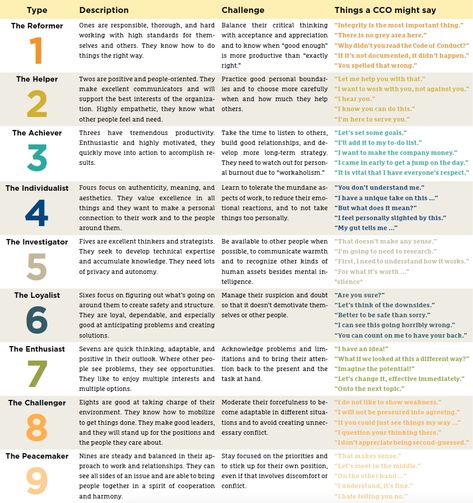
For example, if you are a person who intrigues people with mystique, people find you interesting because you are often thoughtful and take time to think before you speak. Your ability to listen is what creates an impact, which is why you are perfect for the role of a doctor, CTO or even a writer like J.K. Rowling! On the contrary, if you intrigue people with force, people are often drawn to you because of your confidence and conviction, which makes you an excellent candidate for coaching or advocacy.
While it may seem like this skill can only be used when you're ;trying to-sell yourself-in an interview, it actually comes in handy in your day-to-day work as well. If someone asks you for your opinion on something, think about how you captivate people.
For example, if passion is your main strength, you can convince a colleague of the need to implement your idea or even your boss by standing up for what you care about the most. If you're the kind of person whose advantage is trust, then use tried and true methods that you know work to convince people. Or, if you intrigue people with mystique, there is nothing more interesting than taking the time to answer a question, pausing and thinking before you speak. This will immediately convince the other person that you took the time to understand what they are asking and give them the best answer!
Or, if you intrigue people with mystique, there is nothing more interesting than taking the time to answer a question, pausing and thinking before you speak. This will immediately convince the other person that you took the time to understand what they are asking and give them the best answer!
Of course, before you know how best to approach any situation at work, you also need to make sure you know which skill is primary and which is secondary. A primary skill is something you manage, so when you first learn about how you charm, you may think it is the most pronounced part of your personality. The secondary advantage you have may be more subtle, so the results of the quiz may surprise you at first, but take the time to think about how you approach meeting new people, how you sell yourself in an interview, or what you value about yourself, and that's it. may point to your secondary advantage.
While it is helpful to know what is primary and secondary, knowing how they work in tandem can be most revealing.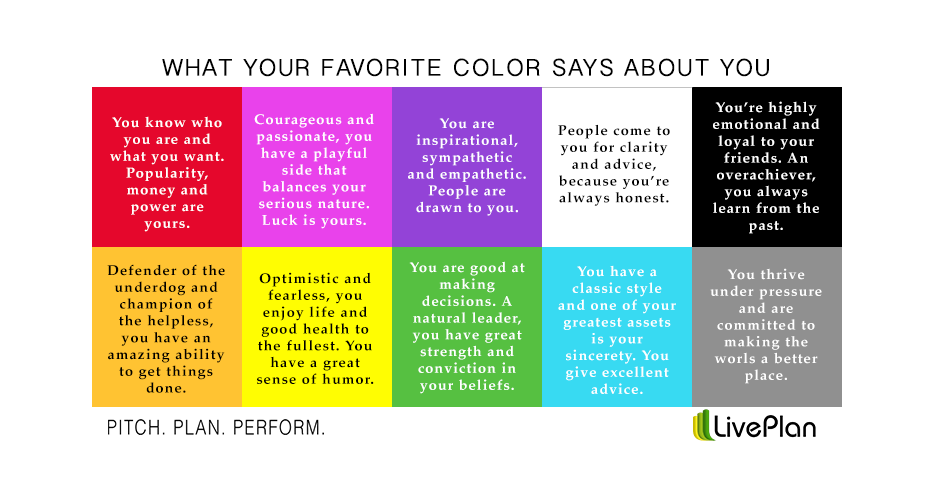 For example, if your primary trait is innovation and your secondary trait is cryptic, then your two primary languages of communication would be creativity and listening. This makes you a provocateur archetype, meaning you value cutting-edge thinking and creativity, but also tend to intrigue with understatement and subtle style. Use this to your advantage in the workplace by changing small details in a project to give it a new direction and surprise your manager and colleagues. Use solitude for extra creativity and beware of too much group communication as it can distract you from what you are after and often robs you of your creativity as you are under the influence of groupthink.
For example, if your primary trait is innovation and your secondary trait is cryptic, then your two primary languages of communication would be creativity and listening. This makes you a provocateur archetype, meaning you value cutting-edge thinking and creativity, but also tend to intrigue with understatement and subtle style. Use this to your advantage in the workplace by changing small details in a project to give it a new direction and surprise your manager and colleagues. Use solitude for extra creativity and beware of too much group communication as it can distract you from what you are after and often robs you of your creativity as you are under the influence of groupthink.
Although this is just one example, it shows a great way to get to know yourself in order to influence people in the workplace in a positive way!
About the author: Emma Walsh is a content creator and creative writer. She is obsessed with personality type tests such as the MBTI and the enneagram (she is an INFJ and a Type 1, respectively).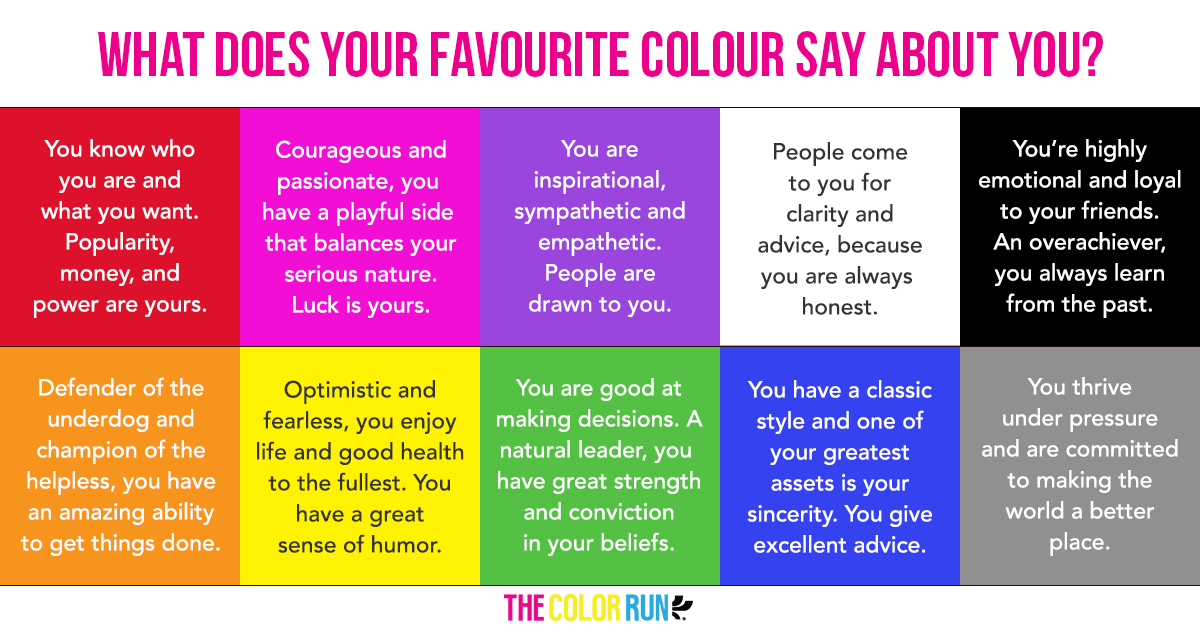 In her free time, she enjoys writing fiction and cooking delicious recipes.
In her free time, she enjoys writing fiction and cooking delicious recipes.
.
Tell me what pisses you off, and we will determine your personality type according to Myers-Briggs
Trending
We all took the Myers-Briggs personality type test, but today we're bringing you an unusual approach to determining your type. Pick something you just can't stand and then find out what type you are.
Routine
If you are annoyed by the constant observance of formalities, clear planning of the day, where there is no room for creative realization, then you are definitely a Fighter (ENFP). All these rules and stability get in the way of such change-prone and new-idea fighters. Their potential can only be unlocked if they are given complete freedom to express themselves and their thoughts.
Think of Dead Poets Society hero John Keating, who constantly resented the bureaucracy at the boys' preparatory school. He was well aware that all these rules only suppress the creative thoughts of students, so instead of forcing them to memorize the "rules" of poetry, the hero asked them to rely on their own emotions and feel the power of words on an intuitive level.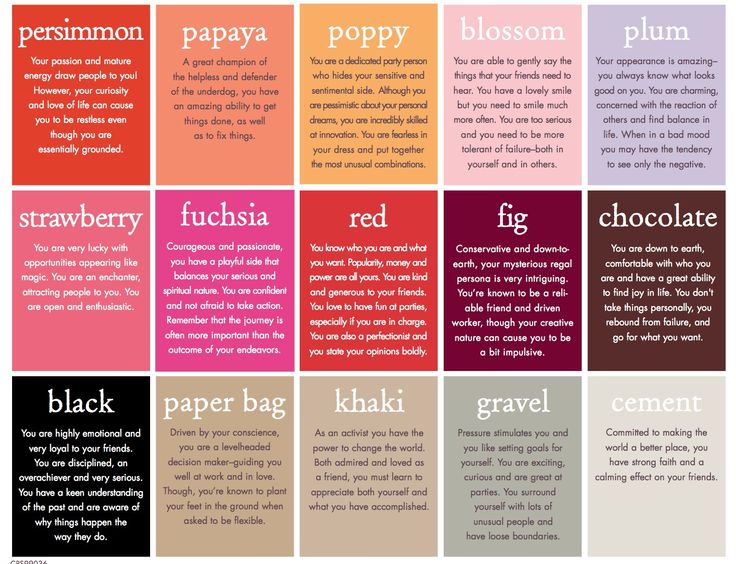
Don't say what you think
If your biggest fear is not being able to say out loud what comes from the heart, congratulations, your personality type is Debatable (ENTP). They have a sharp mind and love to participate in various disputes and debates, while being able to accept the opinions of both sides. So it is not at all surprising that Polemists are infuriated by everything that somehow limits their freedom of thought.
Cancellation culture, political correctness, censorship - all ENTPs see as barriers to open dialogue. As Evelyn Beatrice Hall said, "I do not approve of what you are saying, but I will defend your right to say it to the last."
Bragging
Are people annoying who always actively show their achievements and share their success? Do not worry, for the Intermediary (INFP) these emotions are absolutely normal. Mediators strive for a life that is not packaged in a beautiful outer shell, because a conscious approach to life is important to them.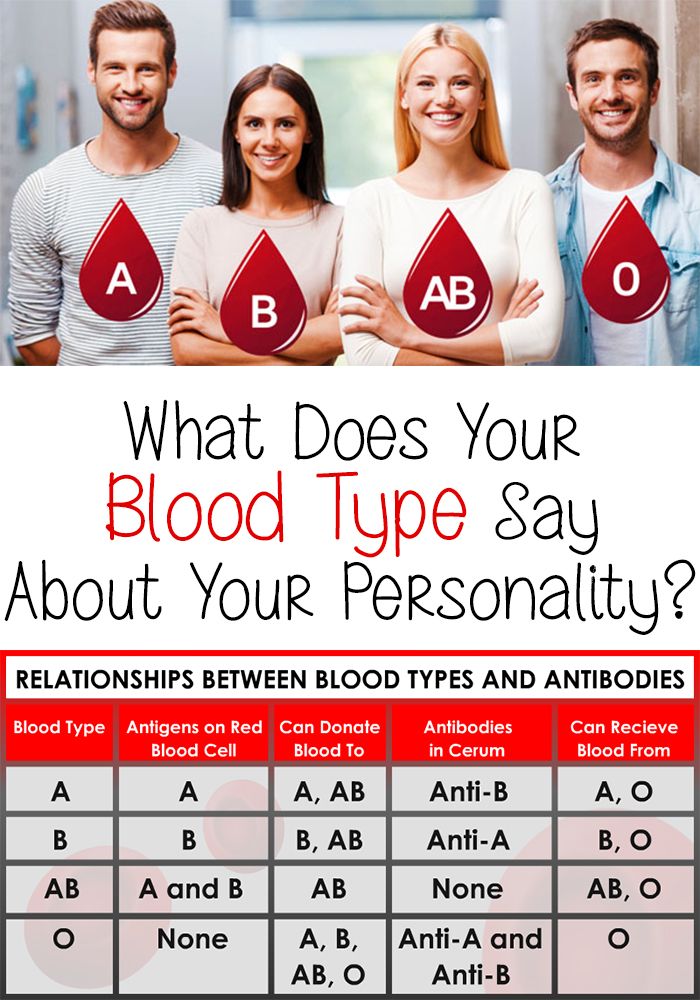 Everything must have a meaning, and human existence must have a clear purpose.
Everything must have a meaning, and human existence must have a clear purpose.
Such people love communication, where they can philosophize about the main values of life. But material goods or work achievements - such Intermediaries will quickly get bored or even irritate.
Large companies
Do you feel uncomfortable in a hall where there are a lot of people, and you want to be alone away from the “maddened crowd” as soon as possible? This is often experienced by Scientists (INTP). It is unbearable for them to maintain empty dialogues in a circle of strangers. And if some merry fellow at a party for fun decides to break the rules, INTP will not find a place for himself with anxiety. Now, if someone appears with whom one could have an intellectual conversation in a quiet place, this is another matter.
Scientists prefer to read an interesting book in solitude, to focus on an important project, or to immerse themselves in philosophical questions.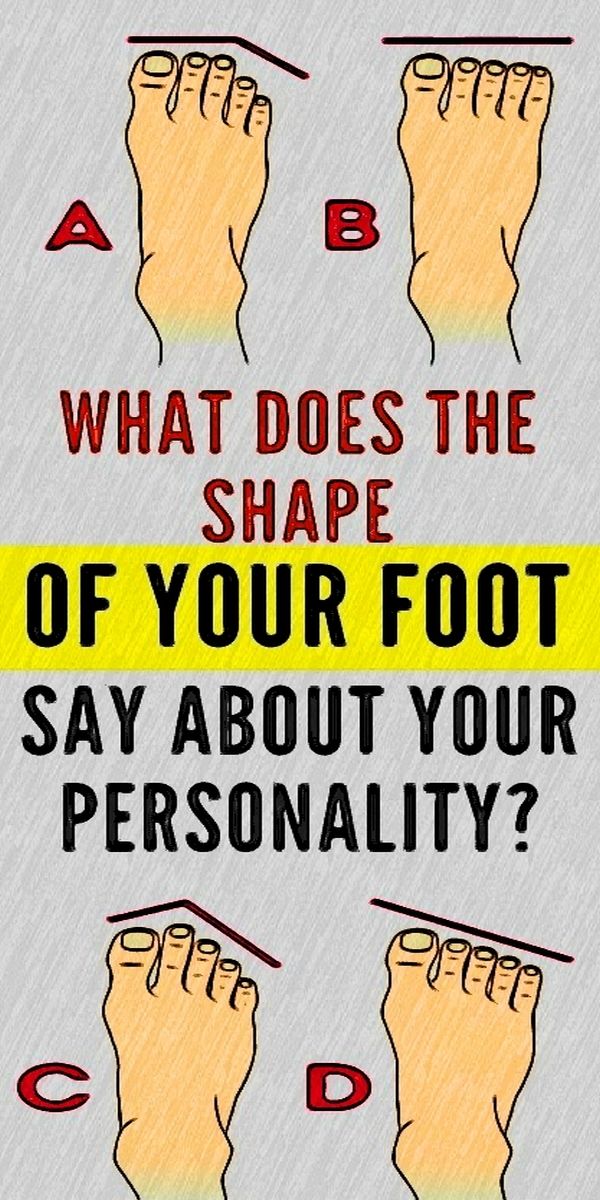 This is much better than a noisy party among strangers or a lunch break with overly talkative work colleagues.
This is much better than a noisy party among strangers or a lunch break with overly talkative work colleagues.
Small talk
If you love talking but can't stand hearing that friend of yours go on a date, then you're definitely an ENFJ. Coaches like to support a dialogue, if the imagination is actively turned on in it, you can seriously think about something and learn something useful for yourself.
Talk for the sake of talking, where the interlocutor is simply trying to fill the awkward pause with questions about the weather or building a house nearby - all this makes the ENFJ insanely bored. They should discuss Rick Sanchez's psychological analysis or the hidden meanings of Attack on Titan.
Slowness
If life seems meaningless to you without constant development and progress, and any delay in something causes irritation, you definitely belong to the Commander (ENTJ) type. It is very important for such people to set new goals for themselves as soon as the previous one is achieved, because self-improvement is above all for the Commander.
They hate to be distracted by others or slow down in any way. Commanders are never indecisive, they cannot be found complaining about something or someone, and they never accept excuses for procrastination.
Superficiality
Always trying to get to the bottom of things and can't let go of an interesting topic until you understand it completely? Well, your personality type is Activist (INFJ). Such people will never put money first in life, because it is much more important for them that their actions are consistent with their values and ideals.
Activists are always for looking at life from all angles, even the darkest and unknown ones. It is more interesting to build another theory about what life really is. So no amount of superficial talk can make an INFJ happy, it's more likely to ruin their mood.
Helplessness
Do you always rely only on yourself and can't stand it when people bombard you with questions and clarifications? Then you are an Architect (INTJ).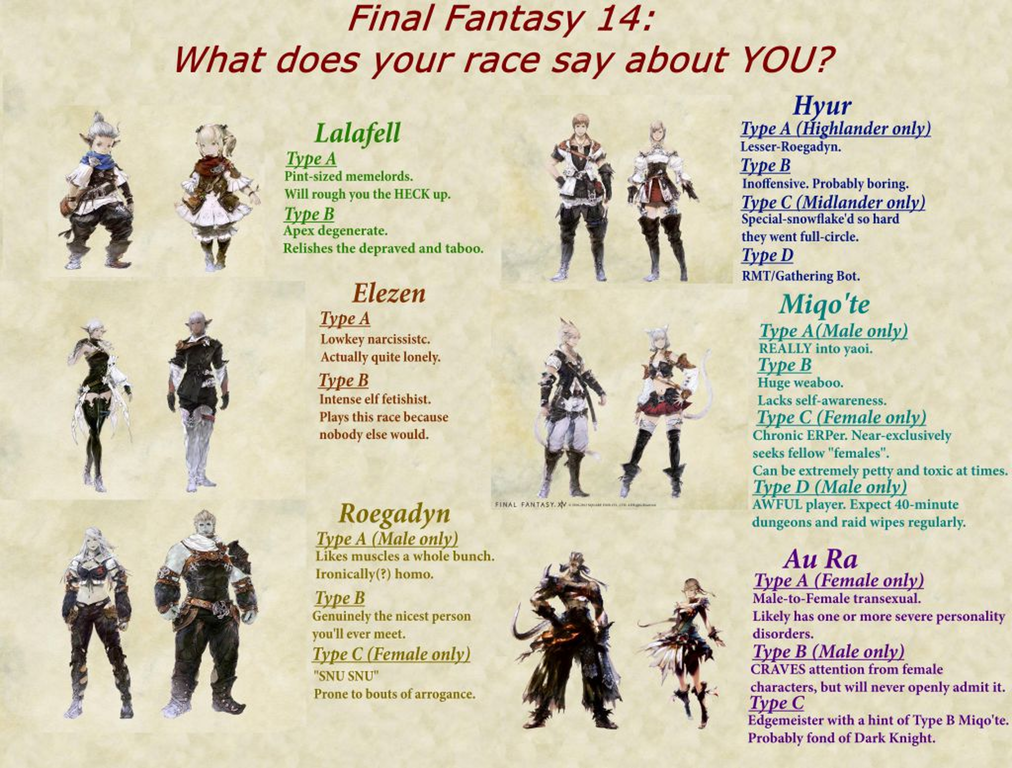 Architects value self-sufficiency very much, so it is important for them that they are not distracted by trifling requests.
Architects value self-sufficiency very much, so it is important for them that they are not distracted by trifling requests.
This doesn't mean that INTJs don't care about other people. They certainly understand that a person is vulnerable, and sometimes he needs sympathy and attention, but when this self-pity and helplessness goes beyond, then it becomes harder for the Architects to maintain calmness and relationships with such people.
Pessimism
If you have noticed that it is hard for you to be in the company of people who constantly see only the bad in life, then you are definitely a Politician (ESFP). Every person is familiar with a pessimistic mood, many have experienced anxiety or even depression — all this Politicians understand and do not condemn. But when a person creates drama out of the blue, denies the obviously good that happens to him and focuses only on the bad, here it becomes much more difficult for them to hide their displeasure.
Because ESFPs are people who are constantly on the move, they are always ready to improve their quality of life and will take every opportunity to do so. Politicians also have a good sense of humor, which helps them to endure various difficulties emotionally. That is why they will never understand those who, of all possible options, choose to be sad and do nothing.
Politicians also have a good sense of humor, which helps them to endure various difficulties emotionally. That is why they will never understand those who, of all possible options, choose to be sad and do nothing.
Sofa philosophers
Have you ever been attracted to lovers of red words? It's all about being an ESTP. Since Entrepreneurs like to be active in order to get what they want, they appreciate the same in others. That is why people who talk a lot about how well they would heal if they had such and such, they are very annoyed.
They do not like those who will undertake to discuss some serious topic without having the proper knowledge in it, those who try to appear better than they are. It's all so pretentious and pointless! Wouldn't it be better to start doing something instead of constantly talking about possible changes?
Underestimating Your Achievements
If you've always wondered why some people just refuse to believe that they've actually achieved great things, then you're probably an ISFP Artist.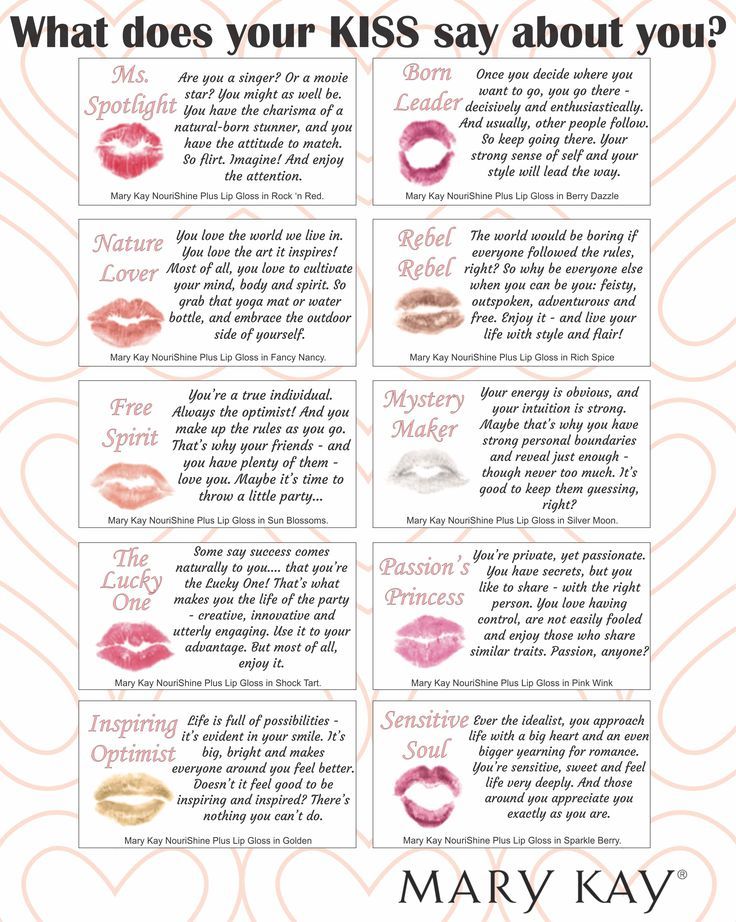 Artists greatly appreciate in a person his ability to have his own views and adhere to them regardless of the situation, as well as be able to give an objective assessment of his actions.
Artists greatly appreciate in a person his ability to have his own views and adhere to them regardless of the situation, as well as be able to give an objective assessment of his actions.
They are incredibly annoyed by people who have achieved great results, but for some reason they say from time to time that these are all trifles, they are not so great. After all, such humiliation is followed by the expected praise and the conviction that in fact they did a good job. This is exactly what Artists simply cannot stand, it is much easier to talk openly about success.
Alarmists
Are you able to remain calm even in the most tense situations and every time you look askance at those who are led to provocations for any little thing? You are definitely a Virtuoso (ISTP). Virtuosos are quite disciplined and this control extends to their emotions. They won't raise an eyebrow in front of an important test. Not a single drop of sweat will fall from their faces if the system freezes at work, and in front of them is a crowd of waiting customers.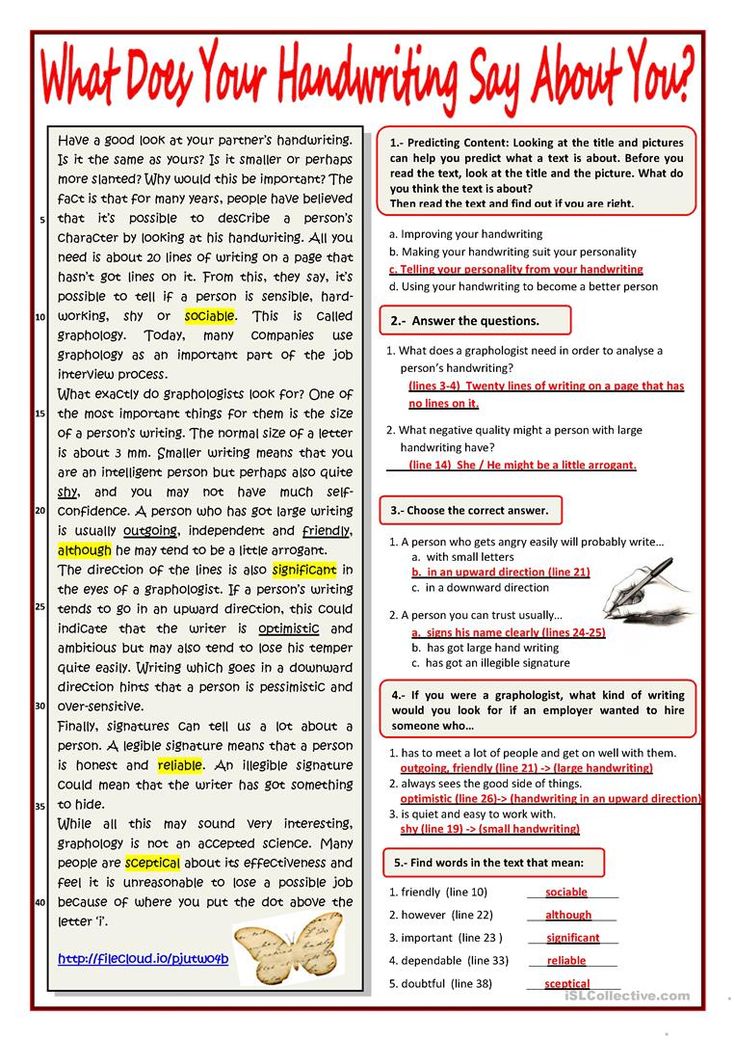
ISTPs are well aware that everyone has emotions that need to be expressed, but if there are so many of them that they interfere with clear thinking in a crisis situation, then Virtuosos will try to move away from such a person as quickly as possible.
Coldness
If you always try to maintain a pleasant and harmonious atmosphere, and those who clearly stand out from it cause you resentment, then you are most likely the Consul (ESFJ). Consuls are very concerned about the emotional well-being of others, it is important for them that everyone around them is comfortable.
They like to gather many guests at home and take care of them, enjoy friendly conversations, hear sincere laughter. However, those who do not experience such feelings and remain indifferent to others strongly repel the Consulars. They do not understand how it is possible to be so callous and heartless and not consider the feelings of others.
Procrastination
If you wake up with the thought of how to quickly complete all the tasks scheduled since yesterday evening, and any task not done causes dissatisfaction, then you are definitely a Manager (ESTJ).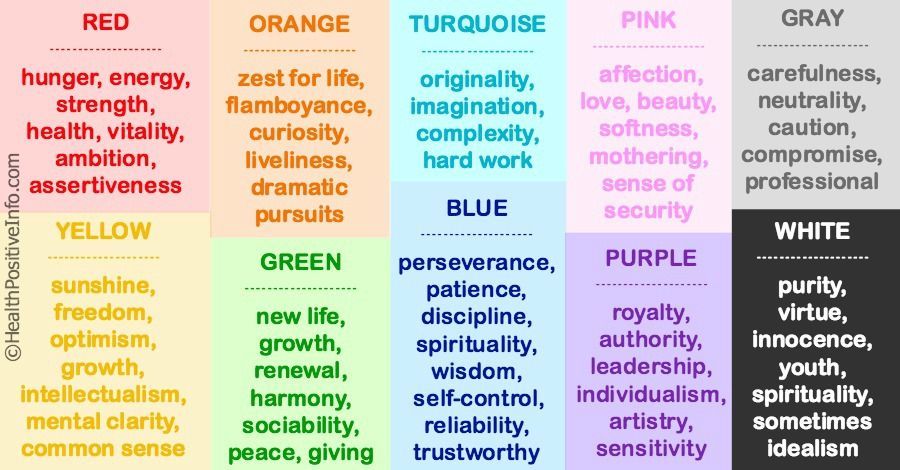 Such people love the fast pace of life, they will even watch TV shows at a speed of 1.5x, and they will definitely not like walking along a beautiful long route instead of a fast and practical one.
Such people love the fast pace of life, they will even watch TV shows at a speed of 1.5x, and they will definitely not like walking along a beautiful long route instead of a fast and practical one.
Anything that slows them down in any way will irritate the Managers. That is why they are not so impressed by people who thoughtlessly live their days. After all, there are so many fun things to do!
Arguing from scratch
Have you noticed that you take everything too close to your heart, so you can't stand it when someone starts swearing for no particular reason? Then you are definitely an ISFJ. Defenders are compassionate and prefer to connect with others instead of getting into arguments.
They believe that they can always reach an agreement without raising their voices at each other. Defenders have a particularly hard time arguing in public places, and even if they become the target of the main instigator of the conflict ... Although they will not say anything offensive in response, they will silently reward this person with strong contempt.

